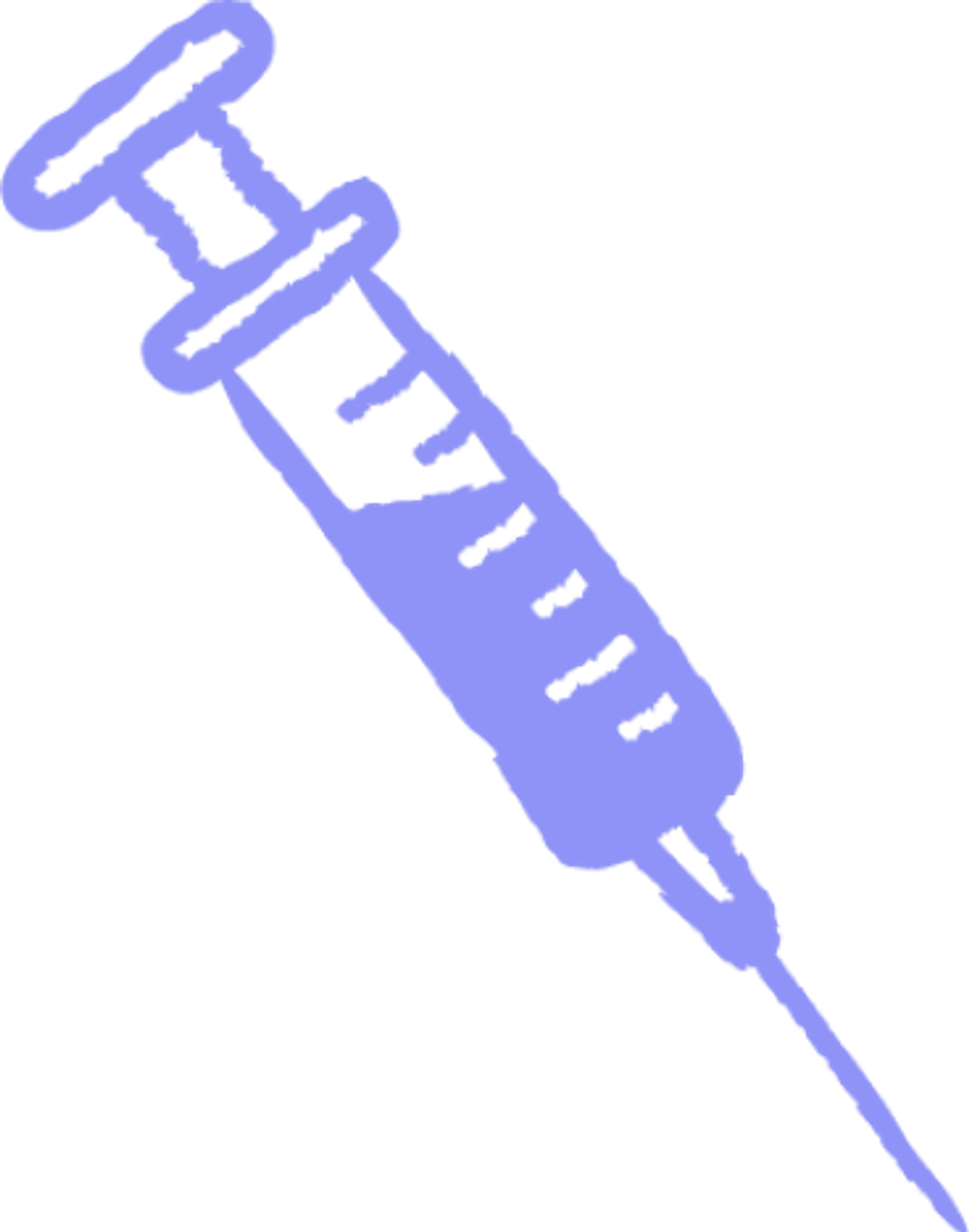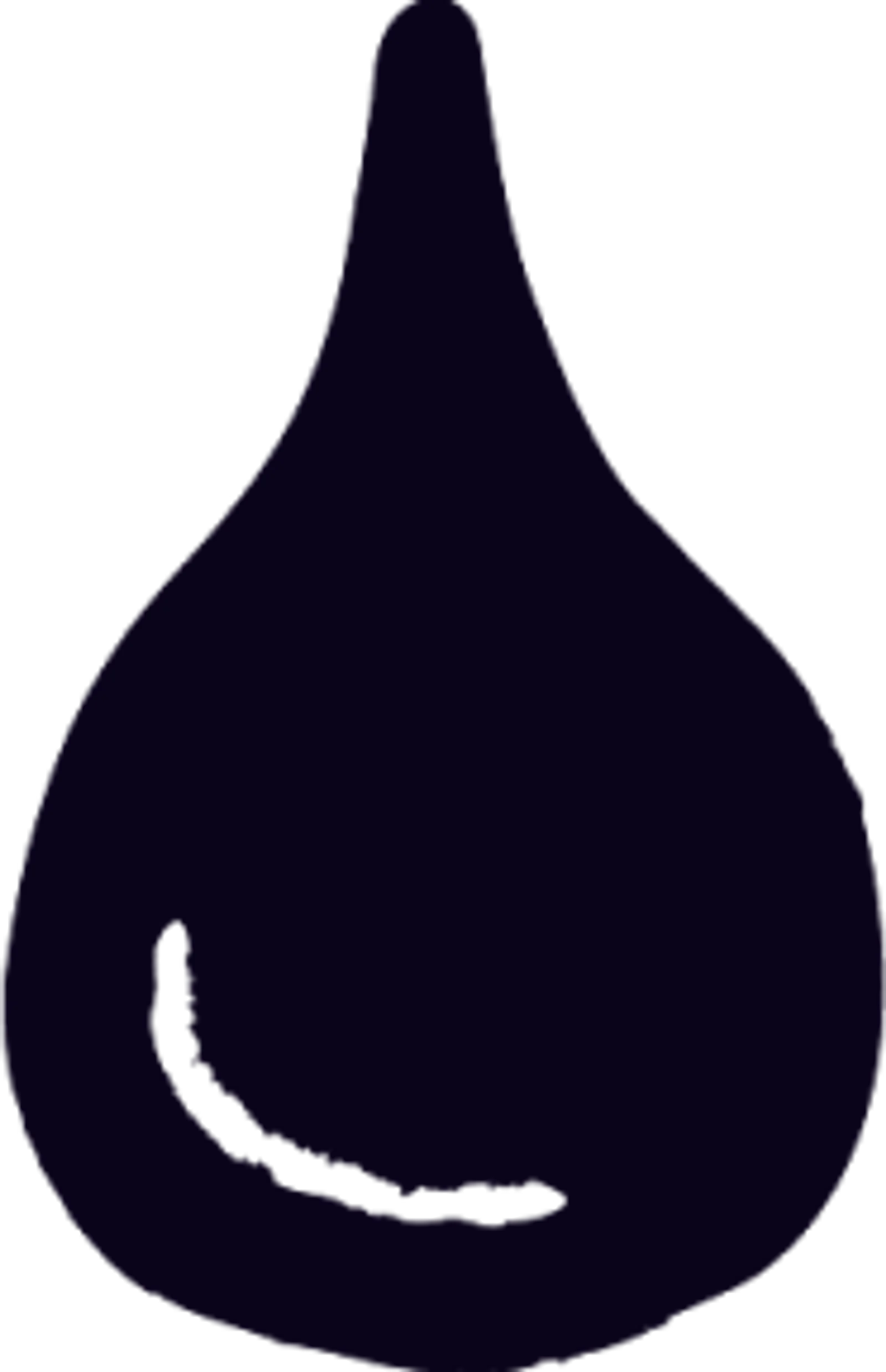Plasma 101
Who: Eligible donors between 18 and 64 can earn up to $560 a month in NY and up to $770 a month in FL.
What: Plasma is the yellow part of your blood that replenishes naturally.
Where: Queens, Brooklyn, The Bronx (NY), and Ft. Pierce (FL).
Why: Get paid to donate and help treat bleeding disorders, immune deficiencies, and more.
When: No appointment needed—walk in anytime before closing.
Plasma Donation and the Fight against Diseases
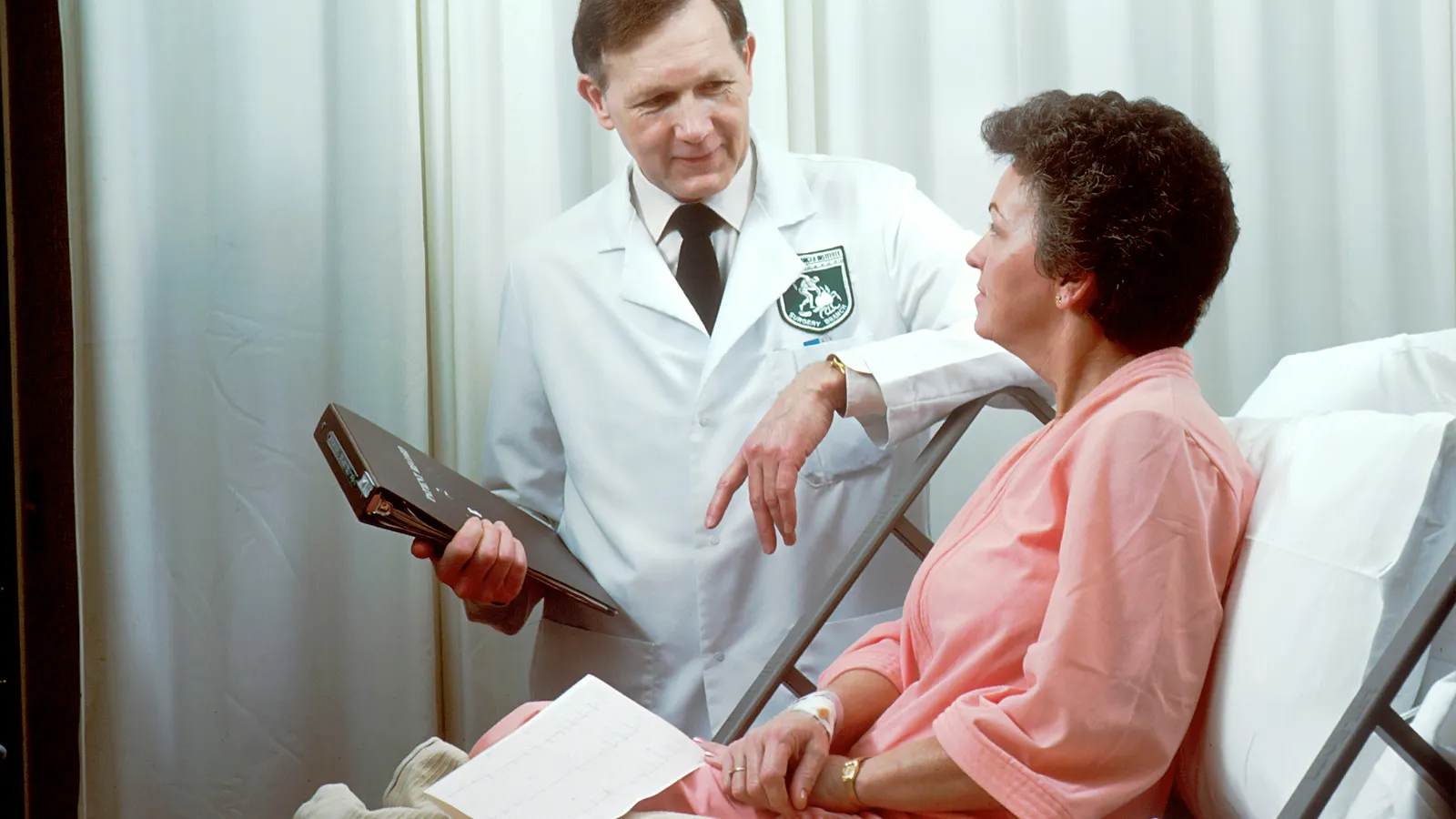
Plasma donation is an unrecognized hero in modern medicine, offering life-saving treatments to those that need it. Plasma, the liquid part of your blood, is packed with important proteins and antibodies that are used to create treatments for serious conditions like immune disorders and autoimmune diseases.
These therapies help boost immunity and support recovery, making plasma essential in managing public health. Plasma is also used to fight infectious diseases and advance medical research.
By donating plasma, you’re not just helping patients—you’re actively supporting the fight against diseases and contributing to life-saving medical breakthroughs. Your donation can make a real difference.
How Plasma Donations Help Combat Diseases
Overview of Plasma Therapy
Plasma donation focuses on collecting the liquid part of your blood, which is rich in proteins and antibodies. This plasma is used to create treatments for people with serious conditions like immune deficiencies, bleeding disorders, and chronic diseases. Unlike whole blood donation, plasma is processed to develop specialized therapies that save lives. When you donate plasma, you’re giving a gift of life that truly makes a difference.
How Plasma Contributes to Disease Management
Plasma plays a major role in treating diseases because it’s packed with antibodies and proteins that help boost the immune system. Plasma therapy is especially important for patients with weak immune systems. It’s also used in emergencies, like treating severe burns or shock, to stabilize patients and prevent complications.
Impact on Public Health
Plasma donations go beyond helping individual patients—they benefit public health as a whole. Plasma provides essential materials for developing vaccines and treatments that reduce the spread of infectious diseases. During health crises, plasma is key to controlling outbreaks and advancing medical research.
Feature | Plasma Donation | Whole Blood Donation |
Benefits | Used for creating specialized therapies | Used for transfusions in surgeries |
Duration | 1-2 hours | 10-15 minutes |
Impact | Supports immune-compromised patients | Replaces lost blood volume |
Plasma donation is a powerful way to support public health and help those in need. By donating, you’re making a direct impact on patient care and medical advancements.

Specific Diseases Addressed by Plasma Therapy
Immunodeficiency Diseases
Plasma therapy is vital for treating immunodeficiency diseases like Primary Immunodeficiency (PI). People with PI have weak immune systems, making them more vulnerable to infections. Plasma-derived immunoglobulins, packed with antibodies, help reduce infections and improve the quality of life for these patients. Regular infusions boost immune function, offering much-needed protection against harmful pathogens.
Benefits of Plasma Therapy for Immunodeficiency:
- Reduces infections.
- Improves health and life expectancy.
- Strengthens immune function.
Autoimmune Disorders
In autoimmune conditions like Guillain-Barré syndrome and Myasthenia Gravis, the immune system attacks the body’s tissues. Plasma exchange (plasmapheresis) is used to treat these disorders. This process removes harmful antibodies from the blood, easing symptoms and improving outcomes. By filtering out these antibodies, plasmapheresis can slow down or stop autoimmune attacks, providing significant relief.
Steps in Plasmapheresis:
- Blood is drawn.
- Plasma is filtered to remove harmful antibodies.
- Treated blood is returned to the body.
Respiratory Diseases
Plasma therapy has shown promise in treating severe respiratory infections, including COVID-19. Convalescent plasma therapy involves using plasma from recovered patients to help those still fighting the infection. The antibodies in this plasma can neutralize the virus, reduce disease severity, and speed up recovery. Studies highlight its potential for treating severe respiratory conditions, especially during pandemics.
By treating these specific diseases, plasma therapy not only improves patients' lives but also strengthens public health efforts, making it a powerful tool in modern medicine.
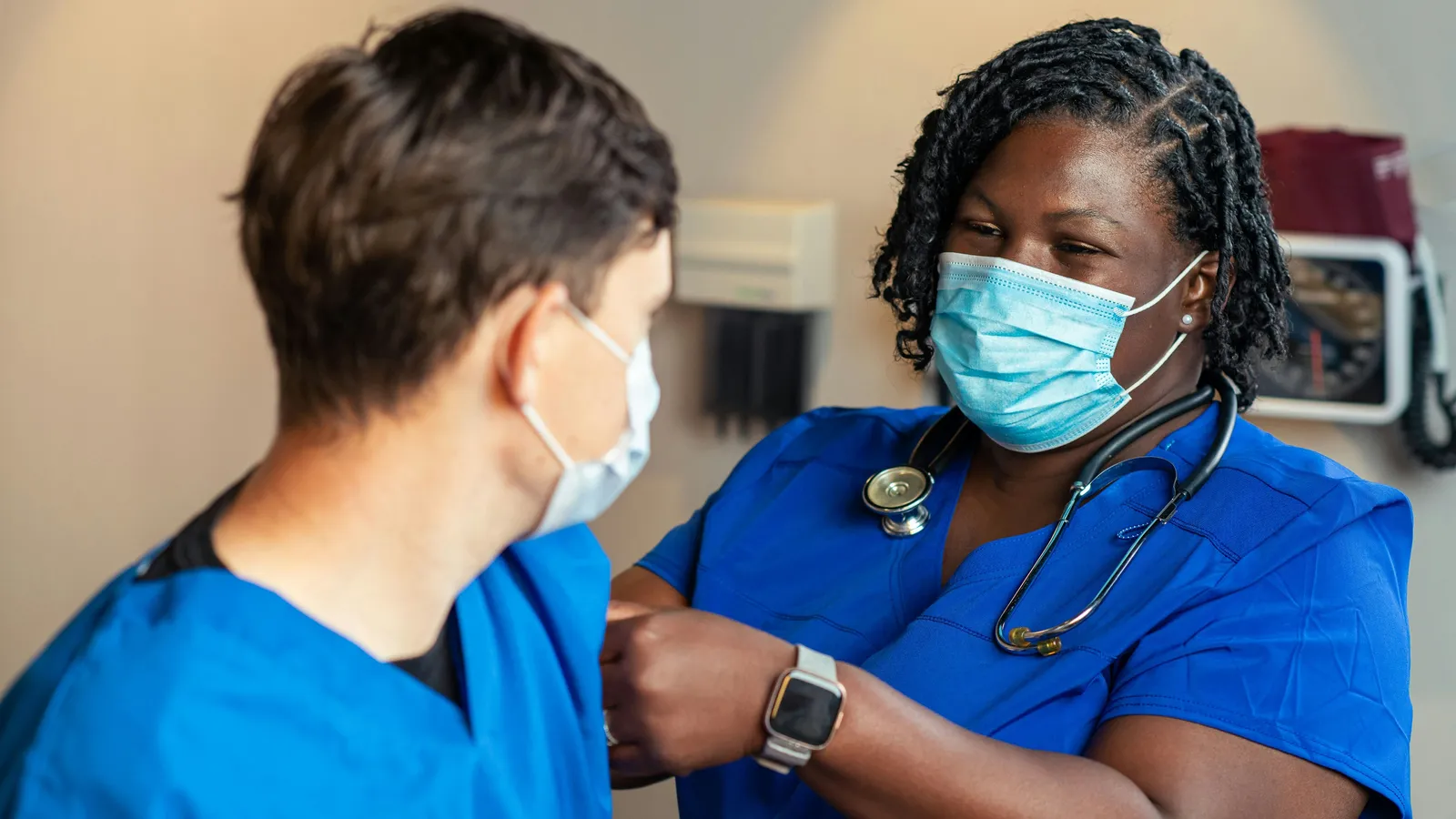
How to Contribute to the Fight Against Diseases through Plasma Donation
Eligibility and Requirements for Donors
Who Can Donate Plasma?
To ensure safety for both donors and recipients and recipients, plasma donors need to meet a few basic requirements:
- Age: Between 18 and 65 years old.
- Weight: At least 110 pounds.
- Health: Be in good overall health and free from certain medications.
The first step is to find a certified plasma donation center, like Olgam Life. After choosing a center, schedule an appointment and complete a health screening, which includes a physical exam and medical history review. Then you're on your way to becoming a plasma donor!
Process and Safety of Donation
The plasma donation process is safe and straightforward. Here’s what to expect:
- Blood Collection: Blood is drawn from your arm.
- Plasma Separation: A machine separates the plasma and returns the rest of your blood, like red cells, to your body.
- Duration: The process takes about 90 minutes, and you can donate plasma up to twice a week.
The procedure is closely monitored to ensure your health, and side effects are rare.
Community Impact and Benefits
When you donate plasma, you’re doing more than giving—it’s a life-saving gift. Plasma is essential for treating patients and advancing medical research.
Benefits for Donors:
- Save lives and improve health outcomes for patients.
- Earn financial compensation and enjoy wellness checks.
- Support the development of new treatments through medical research.
Steps to Become a Plasma Donor
- Research a Donation Center: Find a certified location, like Olgam Life.
- Schedule an Appointment: Undergo a health screening.
- Complete the Donation Process: Help save lives while earning compensation.
By donating plasma, you’re making a meaningful difference in public health and contributing to the fight against diseases. It’s a simple way to help others and support life-saving advancements in healthcare.
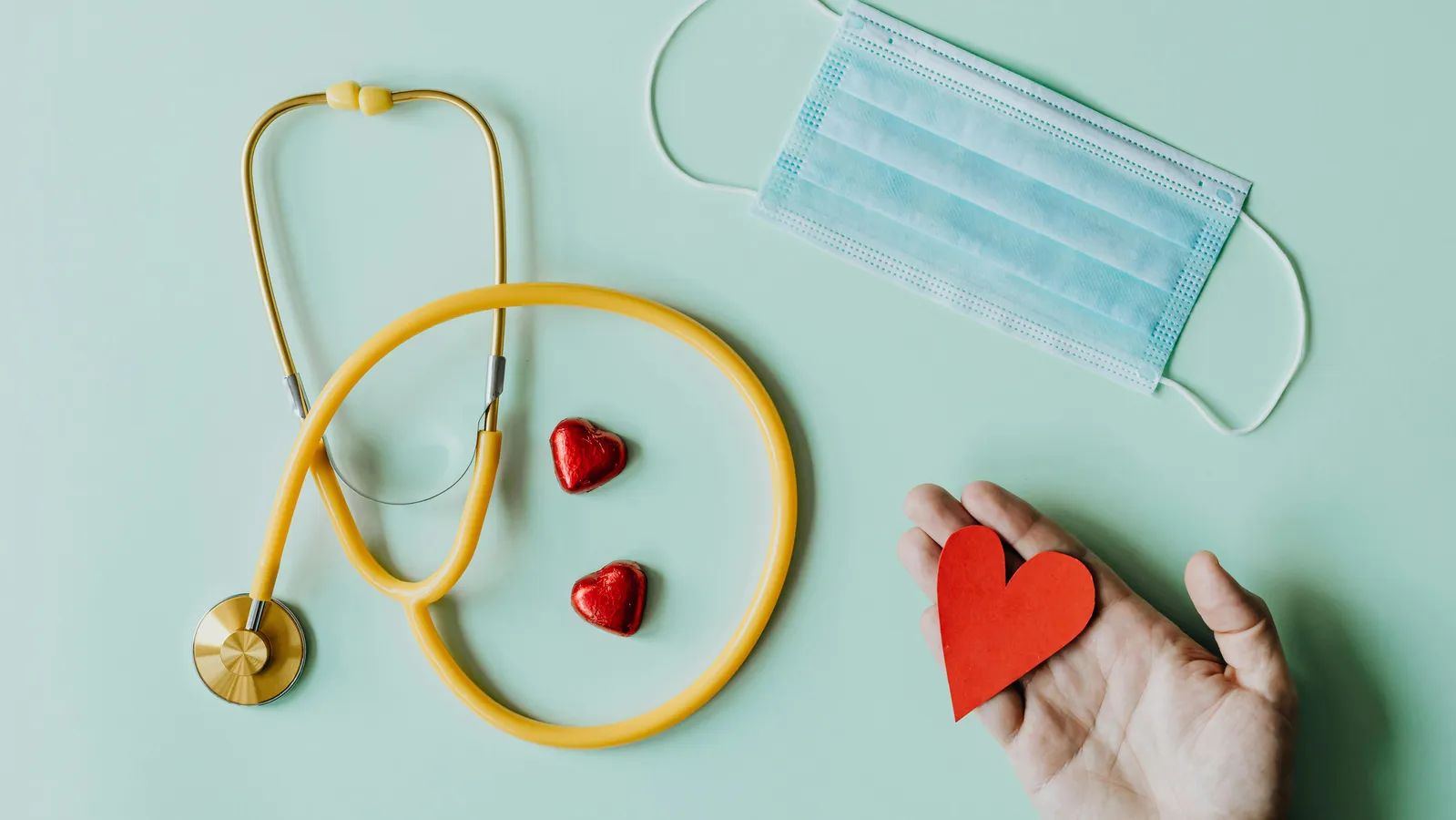
Plasma donation is essential in modern medicine, providing life-saving treatments for people with serious conditions like immunodeficiencies and autoimmune disorders. When you donate plasma, you directly help fight diseases and improve patient outcomes.
The benefits of plasma donation go beyond helping individuals—it also supports public health and medical research, driving advancements in healthcare. If you’re eligible, consider becoming a plasma donor. Your donation can make a real difference in the lives of many.
Ready to Make a Difference?
Join the fight against diseases by becoming a plasma donor. Visit an Olgam Life donation center to get started and check out our locations. If it’s your first time donating, our FAQs are here to help you every step of the way. Together, we can save lives and advance healthcare! Get in touch!


